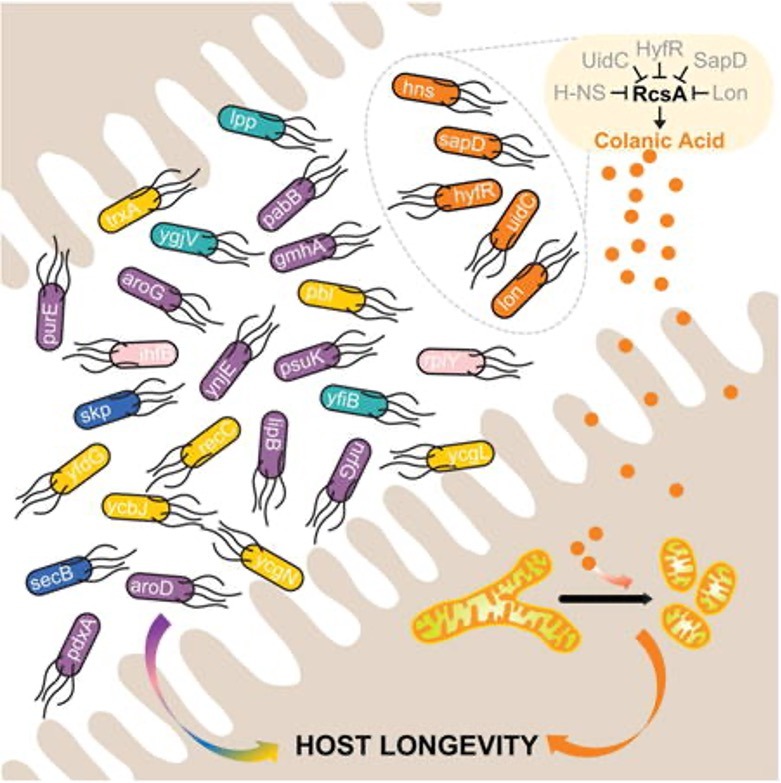Main Menu (Mobile)- Block
- Overview
-
Support Teams
- Overview
- Anatomy and Histology
- Cryo-Electron Microscopy
- Electron Microscopy
- Flow Cytometry
- Gene Targeting and Transgenics
- High Performance Computing
- Immortalized Cell Line Culture
- Integrative Imaging
- Invertebrate Shared Resource
- Janelia Experimental Technology
- Mass Spectrometry
- Media Prep
- Molecular Genomics
- Stem Cell & Primary Culture
- Project Pipeline Support
- Project Technical Resources
- Quantitative Genomics
- Scientific Computing
- Viral Tools
- Vivarium
- Open Science
- You + Janelia
- About Us
Main Menu - Block
- Overview
- Anatomy and Histology
- Cryo-Electron Microscopy
- Electron Microscopy
- Flow Cytometry
- Gene Targeting and Transgenics
- High Performance Computing
- Immortalized Cell Line Culture
- Integrative Imaging
- Invertebrate Shared Resource
- Janelia Experimental Technology
- Mass Spectrometry
- Media Prep
- Molecular Genomics
- Stem Cell & Primary Culture
- Project Pipeline Support
- Project Technical Resources
- Quantitative Genomics
- Scientific Computing
- Viral Tools
- Vivarium
Beneficial Gut Biome Treatment
Colanic Acid Stimulation Drives Longevity
The gut microbiota is crucial for human health, influencing neuronal functions, immunity, and life expectancy. However, the production of beneficial microbial metabolites like colanic acid, which has longevity-enhancing effects, is limited by environmental conditions such as temperature. Specifically, colanic acid production in Escherichia coli (E. coli) diminishes at temperatures above 30°C, posing a challenge for human therapeutic applications.
End Products Enabled by the Technology
- Probiotic Supplements: Engineered probiotic strains of E. coli optimized for colanic acid production.
- Functional Foods and Beverages: Products formulated with colanic acid-inducing compounds.
- Therapeutic Formulations: Oral formulations of low-dose cephaloridine to induce colanic acid production in the gut microbiome.
Advantages of the Technology
- Overcoming Temperature Limitations: Enables colanic acid production at human physiological temperatures (37°C).
- Targeted Induction: Utilizes low-dose cephaloridine to induce colanic acid production without broad-spectrum antibiotic effects.
- Enhanced Longevity: Demonstrated that colanic acid produced by cephaloridine-treated E. coli extends the lifespan of model organisms by 14%.
- Minimal Side Effects: Low-dose cephaloridine does not hinder bacterial growth, ensuring beneficial bacteria remain viable. Furthermore, cephaloridine does not exhibit absorption into the human body; it only targets the gut microbiota.
Technical Details Demonstrating Effectiveness
- Chemical Induction of Colanic Acid: Low-dose cephaloridine (1.0 µg/ml to 3.5 µg/ml) effectively induces colanic acid production in E. coli by activating the cps operon through the ZraS-RcsA/B pathway.
- In Vivo Validation: In mouse models, low-dose cephaloridine induced colanic acid production in commensal E. coli within the gut microbiota.
- Longevity Promotion: Cephaloridine-treated E. coli extended the lifespan of C. elegans by 14%.
This innovative technology offers a novel approach to enhancing gut health and longevity through targeted microbiome modulation. For more information on licensing and collaboration opportunities, please contact us.


